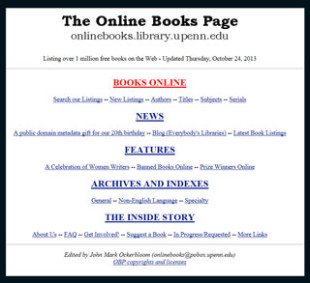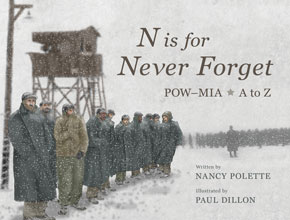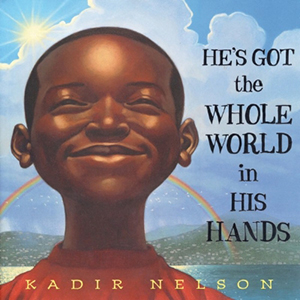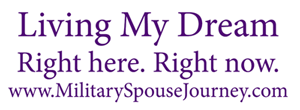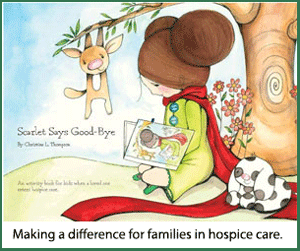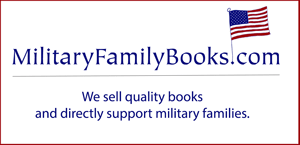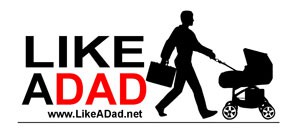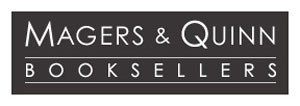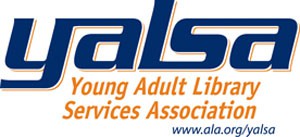“The man who doesn’t read good books has no advantage over the man who can’t read them.”— Mark Twain*
Sometimes not being able to read isn’t about ability, it’s about access. Dr. John Mark Ockerbloom, a digital library planner and researcher at the University of Pennsylvania, has spent the better part of his career providing access to information for all people through a web site he created called The Online Books Page.
Created in the early 90’s, the web site provides links to millions of ebooks and serials, connecting readers to books and information, and people to each other. Ockerbloom hopes the site will be a vehicle to connect all libraries to limitless catalogs of books and information, completely free, to be downloaded and distributed by anyone with access to the Internet.
Ockerbloom began his work on The Online Books Page in 1993, as a graduate student at Carnegie Mellon University. He was studying network information, and he had been given the task of managing the university’s web server.
“Any student or faculty could make their own web page,” Ockerbloom says, and he admits that in 1993, this was a rather novel idea.
One of the web pages on the server belonged to Robert Stockton, a research programmer at Carnegie Mellon. Stockton used his web space to reformat a number of the Project Gutenberg texts for the Web. Project Gutenberg Electronic Public Library was founded by Michael Hart in 1971, when he was granted access to significant computing power at the University of Illinois through the Materials Research Lab. Starting appropriately with the Declaration of Independence, Hart typed in the first edocument just after July 4, 1971. Project Gutenberg started the free digital books online movement, and although there are many free domain sites now, the project continues to operate with an estimated 42,000 available ebooks.
It was because of Ockerbloom’s work with Stockton’s page that he came up with the idea for The Online Books Page. He says, “I thought it would be useful to list the Project Gutenberg books, but it would be great to list other books, too.”
Ockerbloom wanted to create a directory where all available online books could be found in one place. The books included are no longer under copyright, or they have been permissibly added. Ockerbloom personally linked to and described approximately 50,000 of the books on the site himself, but most of the additional links have been generated automatically. The Online Books Page now links to more than 1.75 million free online ebooks.
As an off-shoot of The Online Books Page, Ockerbloom also moderates the Banned Books Online web page.
Public web access became unrestricted in 1994, and, as a result, there was push-back from governmental and university-connected entities who feared the change in restrictions. Carnegie Mellon University shut down a UseNet newsgroup and, at that point, Ockerbloom realized all online information could be at risk for censorship.
Ockerbloom says, “I realized the same standards could be used to ban books, too.” He wanted to protect the books, so he created the Banned Books Online web page, where banned titles could be cataloged and linked.
“Access to information is important,” Ockerbloom says. It is how people frame their understanding of the world around them. Ockerbloom knew that some places online had started to list the banned books titles, but he wanted to provide more than a list. “I wanted a place where people could see the entire book.”
“Books have a special place in the way we communicate,” he says. “They are much more immersive (than other types of reading). In a book, you can get into somebody’s head: into the head of a fictional character or into the head of someone writing about a time or place. People can engage with that. They can step back from that and look at something critically.”
Ockerbloom’s personal interest in books has forged relationships with several of his friends. It was in a discussion forum, about a book, where he met his wife.
An avid reader and equally passionate about access to information, Ockerbloom’s wife, Mary Mark Ockerbloom, recognized that of the books initially uploaded to the server, very few of the authors were women.
“Where are the women?” she asked. At the outset, only 13% of the listed works on The Online Books Page were by women. Mary began tracking down and linking to all the available works she could find. Finding few online offerings of the work by women, Mary began uploading and republishing the women’s titles herself. Women’s works now comprise 24% of the available offerings on the site, and the Celebration of Women Writers can be found as an auxiliary page on The Online Books Page.
His wife’s request to include the women authors was honored the same way Ockerbloom supports the requests of anyone who visits the site and cannot find what they are looking for. “I am interested in hearing about what people want to see online,” he says. “I want people to be able to find what they need in whatever form they need it.”
Ways to use the Internet to share information continues to expand and Ockerbloom wants the web site to continue to provide links to digital books and information as a part of what’s available.
“There needs to be a closer connection between digital libraries and local libraries,” he says. He added a “See what’s at your library” link that he hopes will eventually connect everyone to their local resources, too.
For instance, for someone interested in F. Scott Fitzgerald, it would be great to provide the free listings and then link into the resources at their local library that are not currently available for free online distribution through The Online Books Page.
Most libraries have some sort of online catalog, and Ockerbloom hopes many more libraries will link to major systems so the knowledge source can grow and readers can connect to all the books available.
“If libraries themselves want to offer our resources, they can link to the page or download the data to their catalogs,” he says. “It is a test bed for various ideas about how library discovery can work better. I hope I provide a good service connecting people to books and provide ways for people to more easily discover them.”
Dr. John Mark Ockerbloom is uninterested in the bells and whistles of modern web sites, yet he has been a big part of the quiet compilation of one of the largest and fastest growing libraries of information in history.
Web: OnlineBooks.Library.UPenn.edu
Twitter: @OnlineBooksPage
Blog: EverybodysLibraries.com
*This quote is often attributed to Mark Twain, although there is some doubt as to its origins.
Meagan Frank is a freelance writer and avid reader based in Wisconsin.

